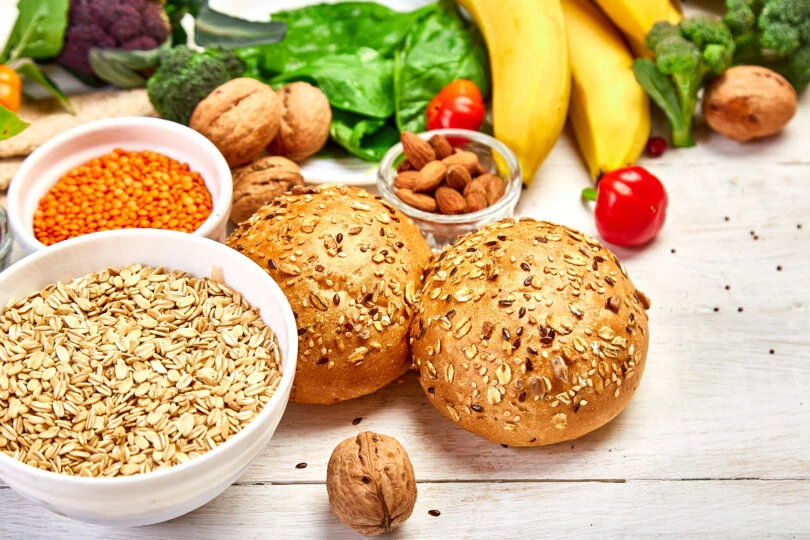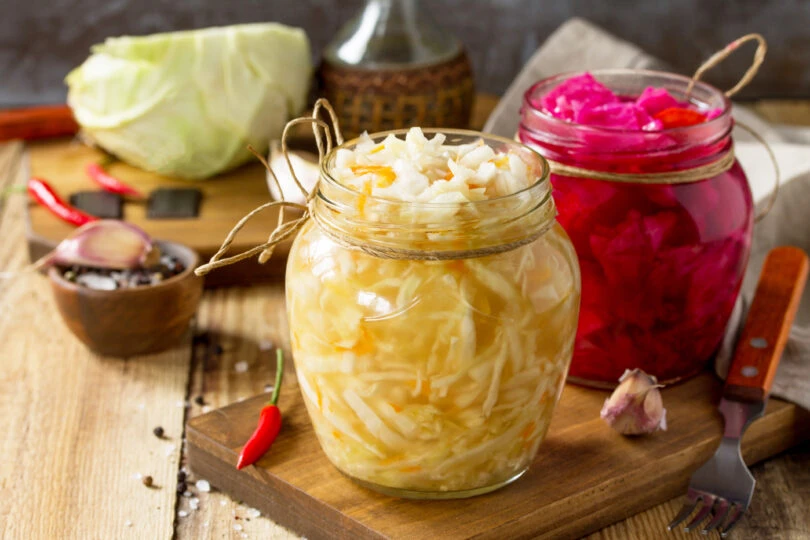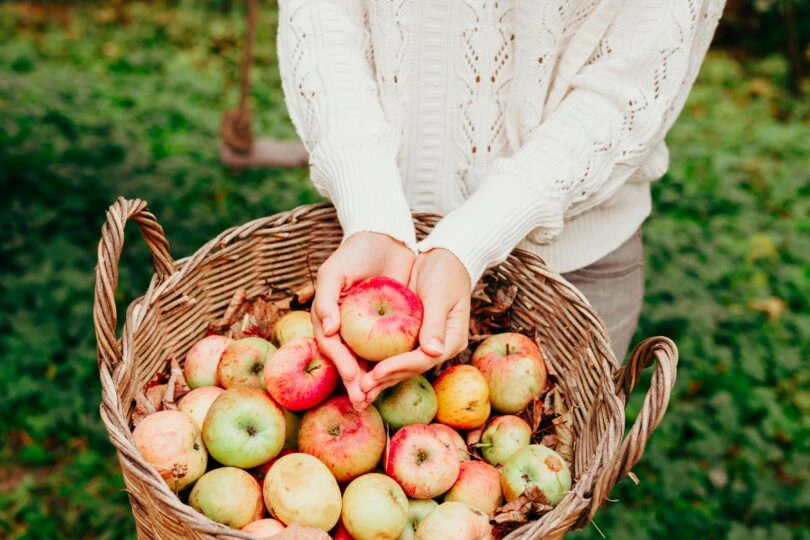Are you already taking autumn colds and viruses as a given? It’s not necessary. We’ll advise you on how to simply strengthen your immunity and the body’s resilience during the autumn months.
Why support immunity more specifically in autumn?
Cooling and shortening days tend to be a challenge for our body. The body has to endure temperature changes, lower doses of sunlight, and on top of that, fend off germs that start to claim their space in anyone who allows them. How to simply and pleasantly prepare for this dark period and how to strengthen immunity?

Take care of the balance of intestinal microflora
Yes, properly functioning digestion is also related to the ability to resist illnesses and colds. The main battle takes place in the intestines between the "good" probiotic bacteria, such as lactobacillus, and the "bad" pathogens. The balance of the internal environment is therefore fundamental for fighting disease.
Foods that cleanse the intestines
For the intestines to function properly, it is necessary that digested material does not stay in them longer than needed, otherwise excessive growth of undesirable microorganisms occurs. To ensure timely elimination, consuming fiber helps. This includes cereals, whole grain bread, fruits, vegetables, legumes, couscous, and quinoa.
If you feel that you are not managing to consume a sufficient amount of these foods, enrich your diet at least with soluble fiber Psyllium, which you can easily add to yogurt or a smoothie thanks to its consistency. It will then satiate you much better.

Foods containing "good" bacteria
Foods that are produced by fermentation with the help of bacterial cultures can easily deliver the necessary probiotic bacteria to the body. Such health elixirs include fermented dairy products like kefir, acidophilus milk, yogurts, or sour cream. Also, classic sauerkraut, which is rich in many vitamins, or kimchi and any other fermented vegetables. Kombucha is also ideal – a fermented drink made from black or green tea, rich in probiotics, antioxidants, and other beneficial substances.
Are you not a fan of fermented foods because you just don’t like the taste? Before you acquire a taste for them, at least reach for a suitable probiotic dietary supplement.

Ensure the body gets enough vitamin C
Vitamin C can significantly strengthen the immune responses of the body, so definitely don’t skimp on fruits and vegetables this autumn. Sea buckthorn, for example in the form of sea buckthorn jam, is a quick way to boost vitamin C intake. Ripe apples are ideal in autumn – eat them fresh and definitely with the peel, as it contains the most nutrients and fiber. Ginger is also great, rich in antioxidants and vitamins, and fresh ginger tea with honey and lemon will warm you nicely. You can also use ginger syrup to prepare the tea.
If you doubt whether your daily food intake contains enough vitamins, it’s not a bad idea to include vitamin tablets with the arrival of cold days.

Listen to your body when it calls for warmth and rest
You know that feeling too? Fatigue hits you, but you don’t go lie down because you still have tons of things to do. Especially in autumn, when our body naturally switches to a low-energy mode (kind of like a bear preparing for hibernation), it’s good to listen to your body and truly rest when it demands.
Do you think that if you rest thoroughly during the day, you won’t get anything done? That might very well be true. So first and foremost, make sure to get proper sleep at night, and if for some reason you have trouble sleeping, address the cause and help yourself. Relaxing effects come from herbs like oregano, lemon balm, St. John’s wort, or CBD — a completely legal cannabinoid with relaxing effects that does not intoxicate or cause dependency. You can get these herbs alone or in calming herbal tea form. Long-term, focus on boosting your resilience through regular exercise or cold exposure.






